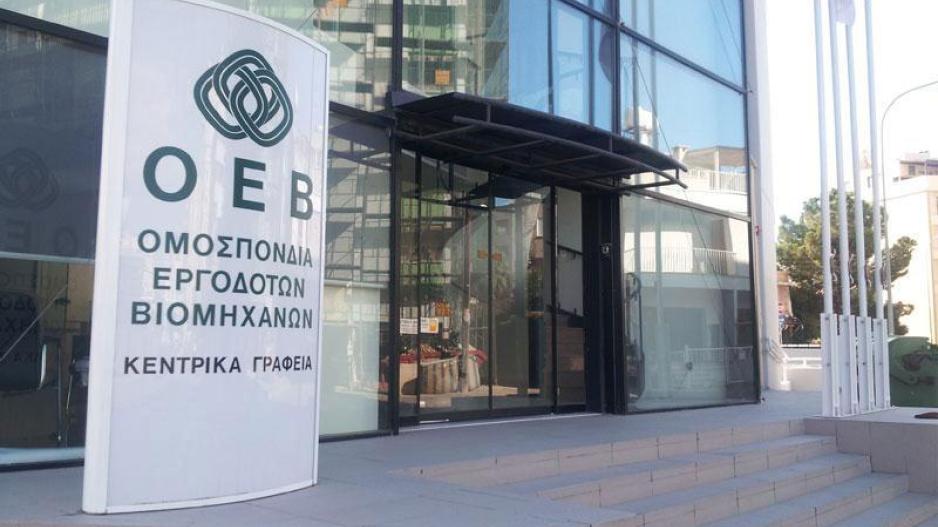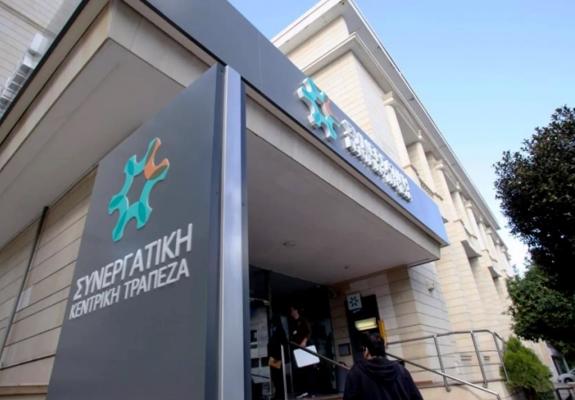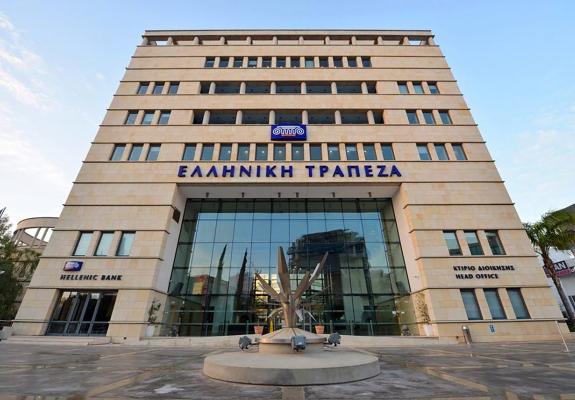ΟΕΒ Assigns German Firm to Investigate Key Indicators for ATA Calculation
ATA Remains, But Its Calculation Method is Changing
The Cyprus Employers & Industrialists Federation (ΟΕΒ) has commissioned a German firm to research the indicators for calculating the ATA, effectively phasing out the Consumer Price Index-based calculation. This change has long been a request from employers.
Michalis Antoniou, General Director of ΟΕΒ, reported that the Federation has assigned this research to a German firm to formulate ΟΕΒ's proposal with parameters for ATA calculation that safeguard both the economy and employee incomes. Mr. Antoniou added that ATA should be calculated and paid in a way that does not negatively affect the economy's competitiveness or fuel inflation.
Regarding inflation, the European Central Bank and its President Christine Lagarde have stated that the impact of wage increases in Europe on inflation must be assessed before any interest rate reduction.
Notably, since its inception in the 1940s, ATA has always been calculated based on the Consumer Price Index, i.e., inflation. Mr. Antoniou mentioned that over the years, there have been minor adjustments, with the most significant change being the removal of consumption taxes on tobacco and alcohol during Glafcos Clerides' administration.
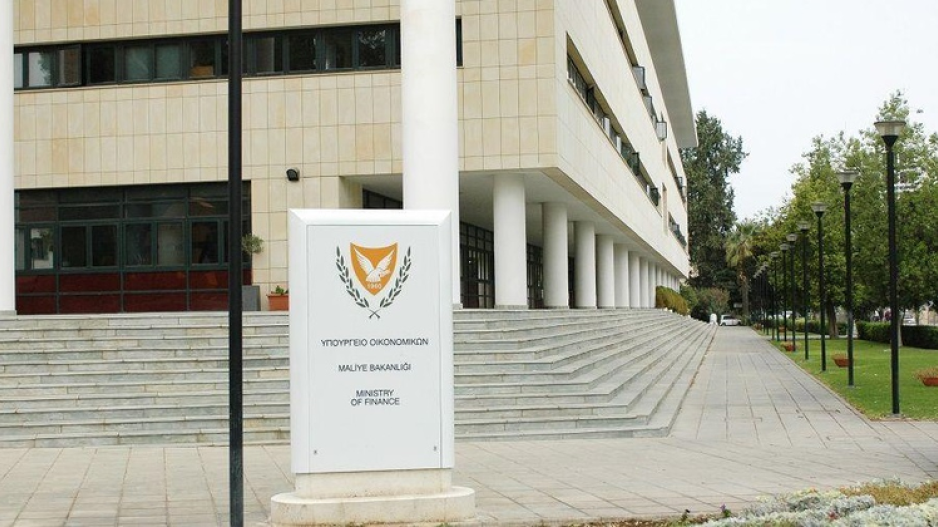
The Finance Minister also appears to be in agreement, supporting the ATA but noting that changes in its calculation are necessary. In response to reactions from trade unions SEK and PEO after a meeting with CCCI, he stated that he aligns with no particular side but is concerned with the interests of the Cypriot people. He added that his intention is to balance productivity and the economy's competitiveness.
In his statement, the Finance Minister not only responded to the trade unions' queries about abolishing the ATA but also outlined the government's approach to ATA reform. It should be reminded that a comprehensive and permanent agreement on this matter is expected to be reached by June 2025.
Makis Keraunos, on one hand, reassures the unions that the ATA institution will continue, but on the other hand, it seems that the calculation method will change, as repeatedly tabled by the employer's side.
Brief's sources indicate that the Ministries of Finance and Labour are leaning towards changing ATA's calculation method. Specifically, today's ATA is calculated based on the Consumer Price Index, i.e., inflation. However, considerations are being made to replace this calculation with an index measuring productivity and the country's GDP.
This issue was a point of contention between employers and trade unions in recent discussions to determine the ATA, as unions wanted to restore it to 100%, while employers' organizations sought to abolish its calculation based on the Consumer Price Index and replace it with a productivity index. Following the Labour Minister Yiannis Panagiotou's mediation, an agreement was reached to pay an increased ATA rate of 66.7%, compared to the 50% that was in effect before June 2023.
According to the Finance Minister, the state will proceed with changing ATA's calculation method in the new round of discussions, aiming for a definitive agreement by June 2025.
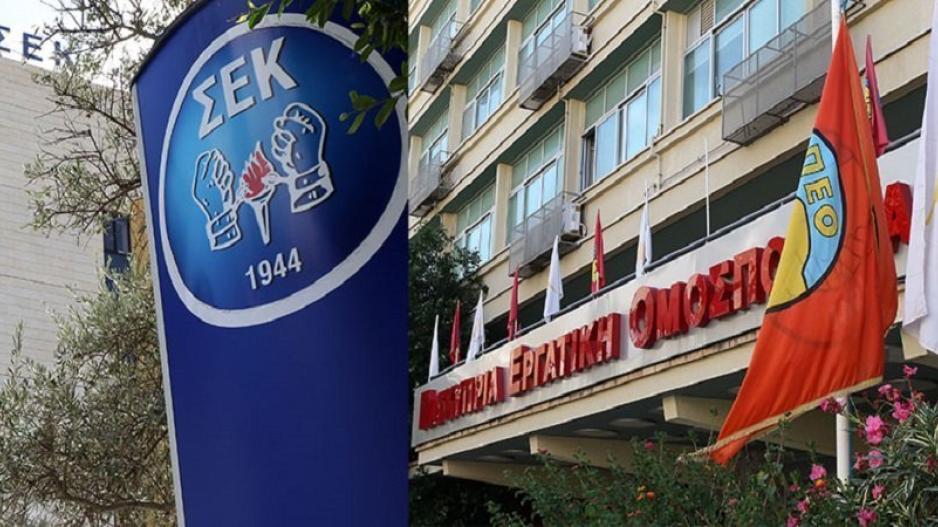
Meanwhile, it's noteworthy that there are criticisms regarding how the unions have handled the issue, as ATA is predominantly paid to public service employees, leaving out the majority of private sector employees.
Responding to these criticisms, union representatives stated to Brief that their primary goal is to restore ATA to 100% and later expand it to all.
Employers are awaiting government support, as promised in the discussions. This promise involves tax reliefs covering about 10% of the cost from the 16.7% increase in ATA payment. According to the same sources, the government assures that this promise will be implemented.
